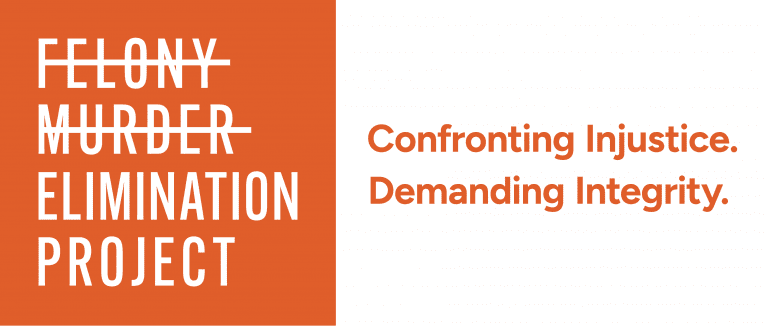With mortality rates nearly 50% higher for people in prison than for people in the wider community, can the use of biometrics prevent prison deaths? Data remains a key problem in understanding and addressing deaths in prisons. Availability of accurate and reliable data on incidents of violence and deaths in police custody and prisons is key in the interest of transparency and facilitating effective investigations.
People die in prison as a result of a wide range of causes, including torture and other forms of violence, self-harm, and environmental factors like overcrowding, poor conditions of detention and inadequate access to healthcare. This raises serious concerns for the protection of human rights, public health, and prison management.
States bear a heightened responsibility for people in prison because when they deprive someone of their liberty, here is an assumed duty of care, in particular to protect the right to life and other human rights. As a result, there is an obligation not only to report and investigate deaths in custody, as well as disappearances and serious injuries, but also to prevent violence and ill-treatment in prisons and ensure that conditions of detention meet international human rights standards, such as providing healthcare equivalent to that available in the community.
In Philadelphia, the officials running the city’s jails have turned to wearable biometric bracelets, created by a company called 4Sight Labs, that are meant to identify when someone is experiencing a medical emergency so they can quickly receive care. Philadelphia is just one of more than 60 jurisdictions across the country that have employed 4Sight Labs’ technologies to help make decisions about healthcare for incarcerated people.
Journalists with the The Marshall Project and Here & Now (with WBUR Public Radio) visited the Curran-Fromhold Correctional Facility in Philadelphia to learn about how these high-tech surveillance tools can reduce the number of preventable deaths behind bars, and where they may be falling short.P
Listen to the interview here —>>> Can a biometric bracelet keep people from dying in jail?



